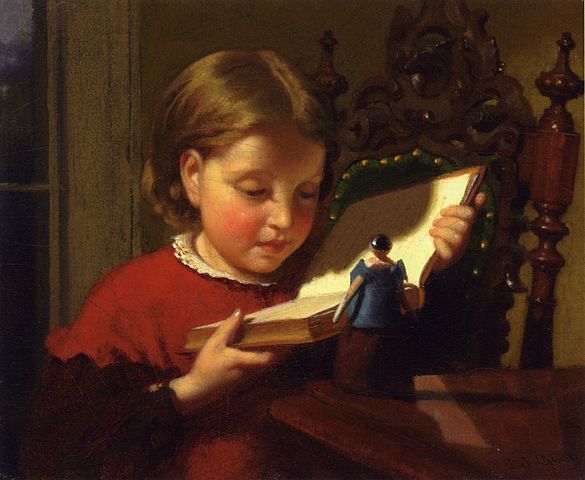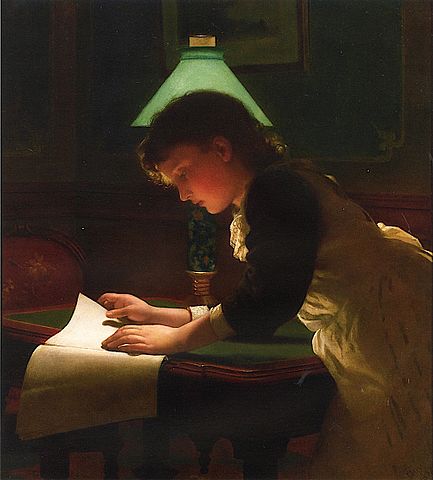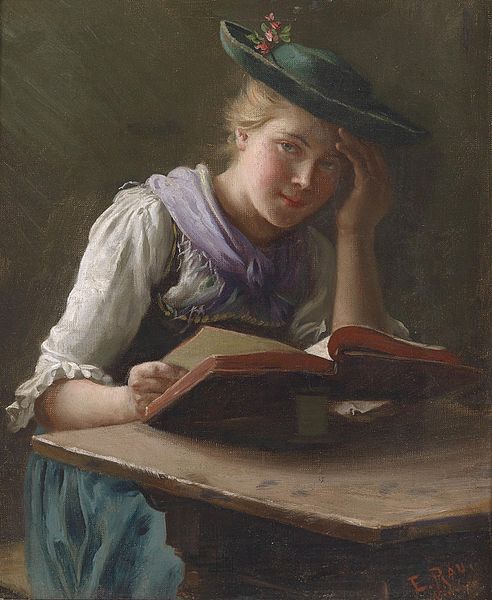
The United Nations Educational, Scientific and Cultural Organization (UNESCO) has deemed every 8 September International Literacy Day, to highlight the importance of literacy to individuals, communities and societies. Celebrations take place in several countries. The Thammasat University Library owns a number of books on world literacy.
TU students in the Faculties of Education, Philosophy, and the Liberal Arts should be interested in the subject. Among authors represented in the TU Library collection who wrote about the importance of literacy is the Canadian philosopher Marshall McLuhan, an expert in media theory. In McLuhan’s book The Gutenberg Galaxy: the Making of Typographic Man (1962), which is owned by the TU Library, he writes:
Literacy, in translating man out of the closed world of tribal depth and resonance, gave man an eye for an ear and ushered him into a visual open world of specialized and divided consciousness.
He added:
Literacy affects the physiology as well as the psychic life of the African… Only a fraction of the history of literacy has been typographic.
In Understanding Media: The Extensions of Man, also in the collection of the TU Library, Dr. McLuhan suggests:
We are no more prepared to encounter radio and TV in our literate milieu than the native of Ghana is able to cope with the literacy that takes him out of his collective tribal world and beaches him in individual isolation… Literacy remains even now the base and model of all programs of industrial mechanization; but, at the same time, locks the minds and senses of its users in the mechanical and fragmentary matrix that is so necessary to the maintenance of mechanized society.
In some other writings, Dr. McLuhan discussed what is lost as well as what is gained when societies become literate:
We begin again to structure the primordial feelings…from which 3000 years of literacy divorced us. We begin again to live a myth… Literacy, the visual technology, dissolved the tribal magic by means of its stress on fragmentation and specialization and created the individual.
Another author whose books are available in the TU Library, dealing with literacy and sustainable development, is Fritjof Capra, Ph.D., a physicist and systems theorist who wrote the bestseller The Tao of Physics, which explored the ways in which modern physics was changing our worldview from a mechanistic to a holistic and ecological one, among other books.
In The Web of Life: A New Scientific Understanding of Living Systems, also in the TU Library collection, Dr. Capra notes:
These, then, are some of the basic principles of ecology—interdependence, recycling, partnership, flexibiility, diversity, and, as a consequence of all those, sustainability. …the survival of humanity will depend on our ecological literacy, on our ability to understand these principles of ecology and live accordingly.
- Fritjof Capra The Web of Life (1996) “Epilogue: Ecological Literacy.” p.304

Measuring literacy
According to data published by UNESCO in 2017, literacy is measured among the following groups:
Youth: Percentage of people aged 15 to 24 years who can both read and write with understanding a short simple statement on their everyday life. Generally, ‘literacy’ also encompasses ‘numeracy’, the ability to make simple arithmetic calculations
Adult: Percentage of the population aged 15 years and over who can both read and write with understanding a short simple statement on his/her everyday life. Generally, ‘literacy’ also encompasses ‘numeracy’, the ability to make simple arithmetic calculations
Elderly: Percentage of the population aged 65 years and over who can both read and write with understanding a short simple statement on their everyday life. Generally, ‘literacy’ also encompasses ‘numeracy’, the ability to make simple arithmetic calculations
Gender Parity Index (GPI): The gender parity index (GPI) of the youth literacy rate is the ratio of the female to male literacy rates of the population aged 15 to 24 years. A GPI value between 0.97 and 1.03 is usually interpreted to indicate gender parity.
Currently, Thailand ranks number 88 in the world among nations, according to the latest data measured in 2015, ranking ahead of Vietnam, Laos, Cambodia, Myanmar, and Nepal, among other ASEAN neighbors.
International Literacy Day 2019 will focus on Literacy and Multilingualism. As the UNESCO website notes,
Despite progress made, literacy challenges persist, distributed unevenly across countries and populations. Embracing linguistic diversity in education and literacy development is central to addressing these literacy challenges and to achieving the Sustainable Development Goals.
On the occasion of International Literacy Day 2019, the main characteristics of multilingualism in today’s globalized and digitalized world will be discussed, together with their implications for literacy in policies and practice in order to achieve greater inclusion in multilingual contexts.

Literacy in the Kingdom
In 2008, Mr. Sombat Suwanpitak, Deputy Permanent Secretary at the Ministry of Education, Thailand published an article, Thailand’s Path To Literacy, in the International Review of Education, edited by the UNESCO Institute for Lifelong Learning, Hamburg, Germany, focusing on comparative theory and practice of formal and non-formal education as an international forum providing scholarly information on policy issues, educational trends and learning innovations. Khun Sombat’s article begins:
Literacy enjoys a high priority in Thailand as an essential prerequisite for national development and a key factor in determining the quality of life. This is not something new. In fact Thailand has a long history of promoting literacy, ranging from the Sukhothai period, when the Thai alphabets were invented, to the early period of Chakri Dynasty. However, formal and systematic efforts to tackle the illiteracy problem in Thailand started during the Second World War. Today the government tries hard to provide people with easy access to continuing lifelong learning to serve the main objectives of the National Education Act of Thailand.
In 2017, the TLA Research Journal, the Journal of the Thai Library Association, published an article, Reading for Pleasure (RfP) and Literacy Problems in Thailand co-authored by Assistant Professor Chommanaad Boonaree, now on the faculty of Further Education in the Information and Communication Department, Faculty of Humanities and Social Sciences, Khon Kaen University, Ajarn Chommanaad is an expert in community librarianship, children’s literature, cultural heritage, popular culture, comics and graphic novels, and related subjects. Her abstract reads in part:
Studies have identified that reading for pleasure (RfP) greatly influences reading behaviour and is more important for academic success than family socioeconomic status (SES)… RfP is a contested reading concept in Thai society in which reading is traditionally associated with academic benefits but it has the potential to play a significant role in promoting increased reading behaviour and reading attainment in the country.
Her introduction reiterates the importance of sanook in reading:
Reading for pleasure (RfP), is a possible effective mechanism for improving both reading behaviour and reading ability in people with low socioeconomic status (SES) because it was found to be more important for children’s academic success than family SES… Community libraries (CLs) can be one solution to the literacy problems in the country. The national reading survey in 2009 revealed that Thais in both urban and rural areas ranked CLs as one of the top three most efficient strategies to encourage reading behaviour… Therefore, CLs are a channel to distribute books for the mass of Thai people who generally cannot afford.

(All images courtesy of Wikimedia Commons)
